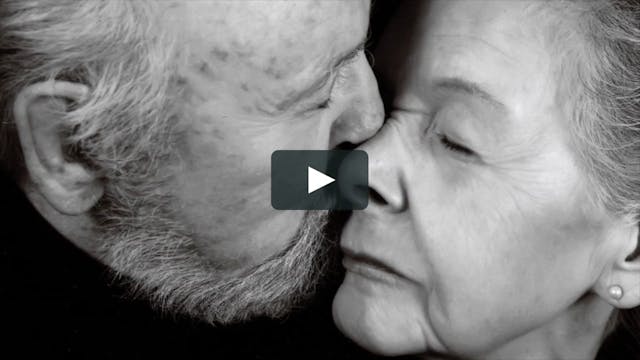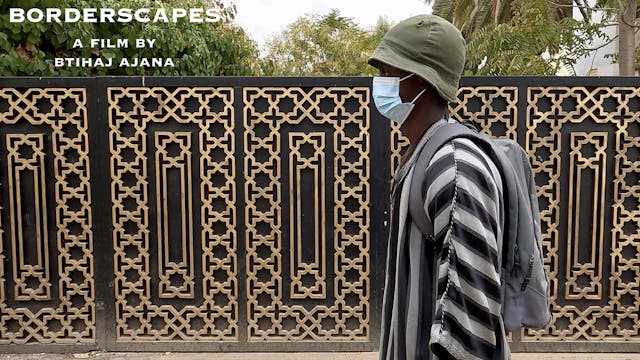Ignacio's Legacy
Public viewing rights for purchase or rent
•
52m
The British film maker Brian Moser first visited the Piraparaná region and its different communities in 1960 as part of an expedition to record their music and to visually document their lives, resulting in the short film Piraparaná. Over the subsequent 50 years and in collaboration with the anthropologists Stephen and Christine Hugh-Jones, Brian made three further acclaimed documentary films in the region: War of the Gods (1971), A Small Family Business (1983), and Before Columbus (1992).
In 2016, Brian returned to the Piraparaná with his son Titus and the anthropologists Christine and Stephen to give back to the Barasana and Makuna communities the music, photos and films that had been recorded in the intervening years. The film Ignacio’s Legacy documents this return trip as well as peoples’ reactions to the different visual materials. In addition and drawing upon on the earlier films, it explores changes to the culture and lives of the Barasana and Makuna people since Brian’s first visit almost 60 years ago.
The film was selected for inclusion at the 2017 Royal Anthropological Institute film festival (https://raifilm.org.uk)
Up Next in Public viewing rights for purchase or rent
-
Calle K
Calle K is a documentary film that looks at the evolution over time of an illegal squatter settlement. In 1978 Titus Fossgard-Moser lived with his brother and filmmaker/anthropologist parents in the Indio Guayas community in what was then the outskirts of Guayaquil Ecuador. The outcome, the film...
-
Rebel Angel
Seven years in the making, Rebel Angel paints a portrait of the evanescent cultural figure Ross Woodman (1922-2014), Jungian author Marion Woodman, and their extraordinary marriage. Ross played a key role in the 'Regionalist' art scene in London, Ontario in the 1960s which gave us many of Canada'...
-
Borderscapes
Borderscapes draws attention to the complexity surrounding migration and the myriad ethical and political issues arising from contemporary border policies. It builds on testimonial narratives, empirical examples, and reflective accounts to unpack the entanglements of surveillance technologies, th...



